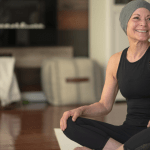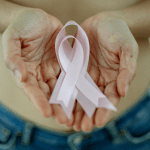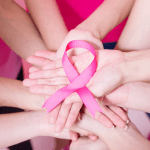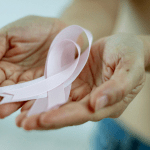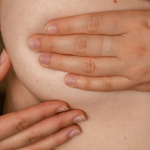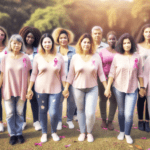Women with breast cancer have to go through a lot.
And they would DO a lot to get rid of the cancer and never have it come back.
One thing for instance that their doctors will typically counsel them to do is to go chemical free. This includes the food they put in their body, what they put on their body, like skin care and moisturizers, and what is around them, in their house and environment.
You can find the ‘Go Chemical-Free’ detox protocol on our website, available for download.
So, have you ever thought about why the doctors are telling the women with breast cancer to go chemical free in their cosmetics, personal care, and fem care? Why would they tell them to do so if these chemicals had nothing to do with their cancer?
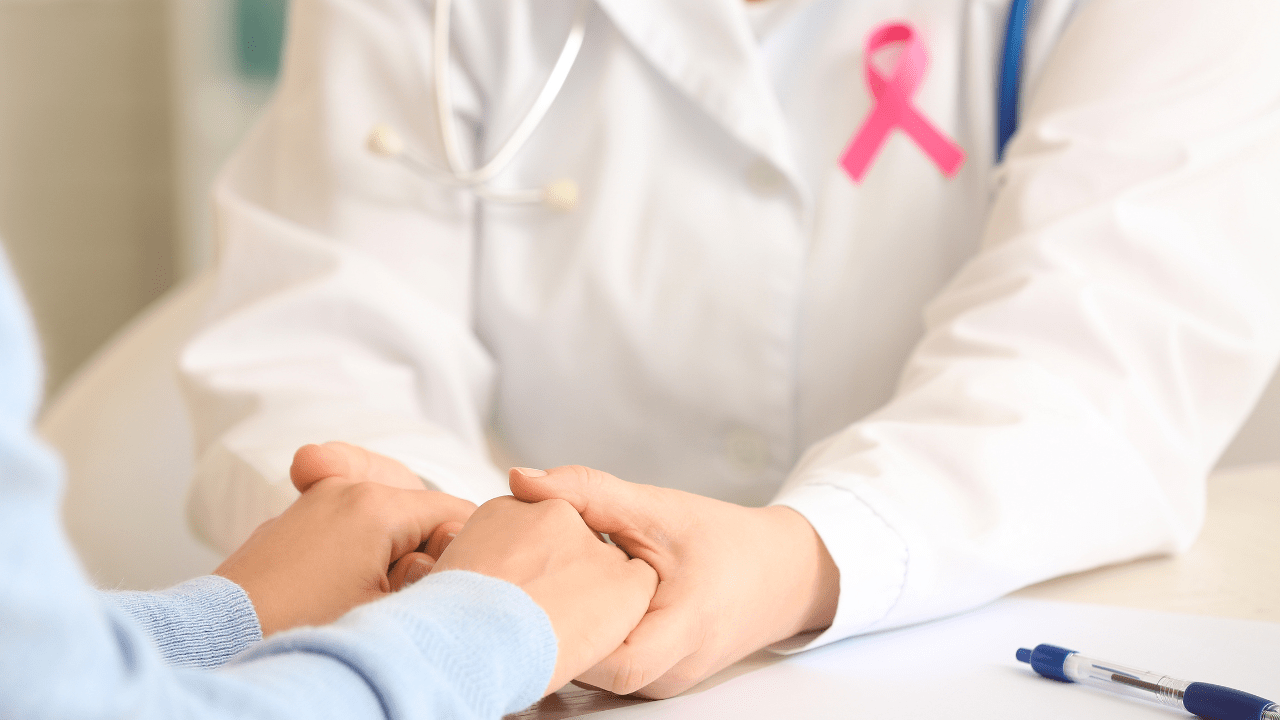
Studies show that 90% percent of breast cancers are environmental in origin. This includes your lifestyle and exposure to indoor and outdoor toxins, and chemicals found in personal care products and packaging. The really good news is that women have some control over their environment, and can take action to help prevent recurrence.
Let’s dive a little bit deeper. I’ll cover 2 important topics. These should be avoided at all costs.
We have also put together a Dirty Ingredients Guide that you can download and follow for more information.
1. Number one: parabens, phthalates, and petrolatum.
The 3 P’s as I like to call them, are used in thousands of personal care products, pharmaceuticals, packaging, plastics, and even foods. Basically everywhere.
Each of the 3 P’s have an association with genes or hormonal activities in the body that are tied to breast cancer. They affect the production of estrogen and can disturb your body’s hormone system.
I am particularly concerned with parabens, which can actually stimulate breast cancer cells. 5 nanogram of Parabens can promote the growth of breast cancer cells.
So how much are nanograms and how much do women take in?
5 nanogram are as tiny as 0.000005 mg.
1 nanogram is
= 1 billionth of a gram,
= mass of 1 human cell,
= a grain of rice divided into 25 million parts.
Women are exposed to 50 mg of parabens a day from cosmetics – this is equivalent to 10,000 times the 5 nanogram that can promote growth of breast cancer cells.
Let me repeat that… Women take in 10,000 times the amount.
In a lifetime, a woman will have consumed approximately two POUNDS of parabens – through cosmetics. Ever wondered about the high rate of breast cancer?
If you know anyone with breast cancer, you may have heard that they will have been counselled to avoid parabens. When something says ‘No Parabens’ it really speaks to me.” Any paraben, in ANY form, should raise a level of concern.”
2. Number two – Chemicals in Fragrances.
There are SOO many unknowns for you when it comes to fragrances. Shockingly, manufacturers are allowed to withhold any information regarding fragrance ingredients to protect “trade secrets”.
Actually, what they mean, is to hide the over 3,000 chemicals that are bundled under the term fragrance. You can learn more about the fragrance loophole in my other video ….
The FDA even banned these chemicals in foods, but they are still allowed to be used in fragrances: styrene, benzophenone, ethyl acrylate, methyl eugenol, myrcene, pilegone, and pyridine.
A big no no.
So, here are 4 tips for you to avoid these chemicals in your life:
1. Read labels. It is important to be vigilant and check ALL the products you are using on your skin and in your home.
2. Swap plastic containers for glass. And try to avoid all plastic in general.
3. Eat food produced without pesticides. Certified organic when possible. Avoid processed foods and packaged foods.
4. Minimize the use of personal care and cosmetic products containing hazardous chemicals. Make the switch to water-free lotions, creams etc. Only water-free skin care can be made without chemicals.
Water-based skin care will always contain chemicals as preservatives. And we know what these chemicals do to your skin and health.
If you’ve been diagnosed or have overcome cancer, you know how going chemical free is incredibly important. Lifestyle changes after cancer diagnosis can be difficult, but it is clear why doctors are advising patients to go chemical free.
The question for women who have not had breast cancer is, why would you wait before you go chemical-free? And how long? Download our detox guide and the dirty ingredient guide which will help you better understand and navigate.
